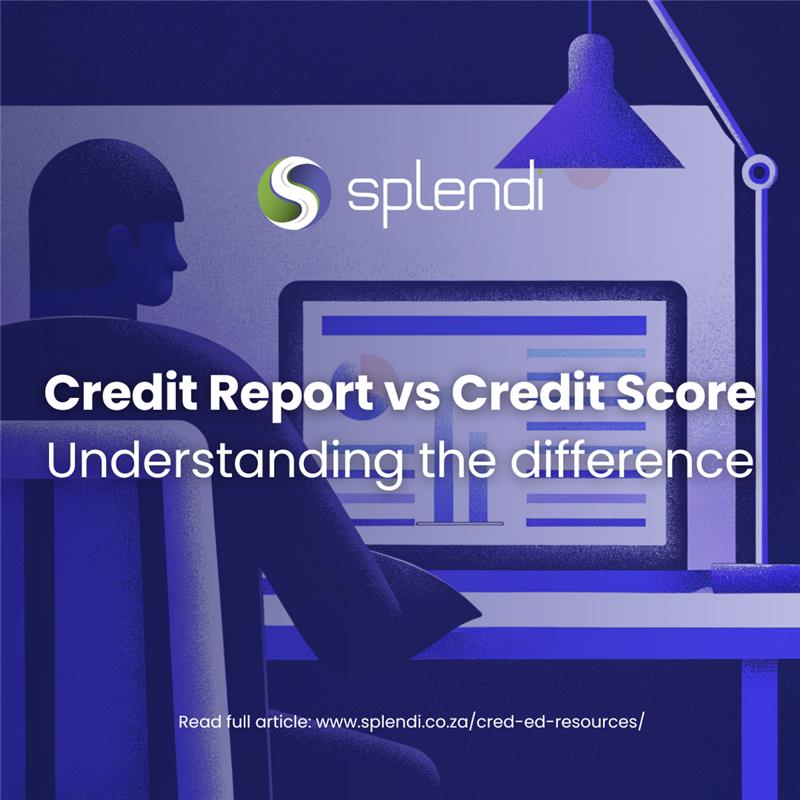Introduction
At first glance, the terms “credit score” and “credit report” might seem interchangeable—but they serve different functions in your financial life. In this article, we clarify the differences between these two important tools and illustrate how they work together to present your overall credit health.
What Is a Credit Score?
A credit score is a single, numerical value that indicates your creditworthiness. It summarizes the information in your credit report into a quick-reference guide for lenders. Some key points include:
- Calculation: Your credit score is calculated from factors such as payment history, amounts owed, length of credit history, types of credit, and new credit inquiries.
- Range: Generally, scores range from 300 to 850. A higher number signifies a lower credit risk.
- Usage: Lenders often refer to your credit score first when evaluating loan applications because it provides a snapshot of your financial behavior in seconds.
For example, if you plan to buy a home, a high credit score might secure you a lower mortgage interest rate, while a low score could result in higher payments or even loan denial.
What Is a Credit Report?
In contrast, a credit report is a comprehensive document that details your entire credit history. It includes the underlying data that contributes to your credit score:
- Extensive Details: In addition to personal and account information, it shows detailed payment histories, public records, and inquiries.
- Transparency: It allows both you and potential lenders to see the “why” behind your credit score. This includes any late or missing payments, errors, and patterns of borrowing.
Imagine your credit report as a detailed resume. Whereas your credit score gives an overview, the report illustrates the story behind that number—providing context that numbers alone cannot.
How Do They Work Together?
While your credit score provides a quick glance at your creditworthiness, your credit report offers the narrative behind that score. Here’s how they complement each other:
- Verification: Lenders use the credit report to verify the details behind a high or low score.
- Corrective Action: If your score drops, your credit report can help you pinpoint the exact issue, whether it is a payment missed or a data error.
- Holistic Assessment: For large financial decisions, both the score and report are reviewed. The score offers speed, while the report ensures transparency and accuracy.
Why Is It Important to Understand Both?
Understanding both your credit score and credit report empowers you by:
- Informed Financial Choices: You know not only your score but also the factors that can improve it.
- Effective Dispute Management: In case of discrepancies, you can reference the detailed account history in your credit report.
- Negotiation Leverage: With a clear picture of what lenders see, you can negotiate better terms on loans and other credit products.
Conclusion
Distinguishing between your credit score and credit report is vital for comprehensive financial planning. By understanding the nuances of both, you can take a proactive approach to manage your credit, boost your financial health, and secure more favorable lending conditions.
Disclaimer: This article is for informational purposes only and should not be construed as financial advice. Splendi does not provide personalised financial, investment, legal, or tax advice. Always consult with a qualified financial advisor for guidance tailored to your individual circumstances.




